RWA | Bridging the Tangible and Intangible
Published on Nov 14, 2023
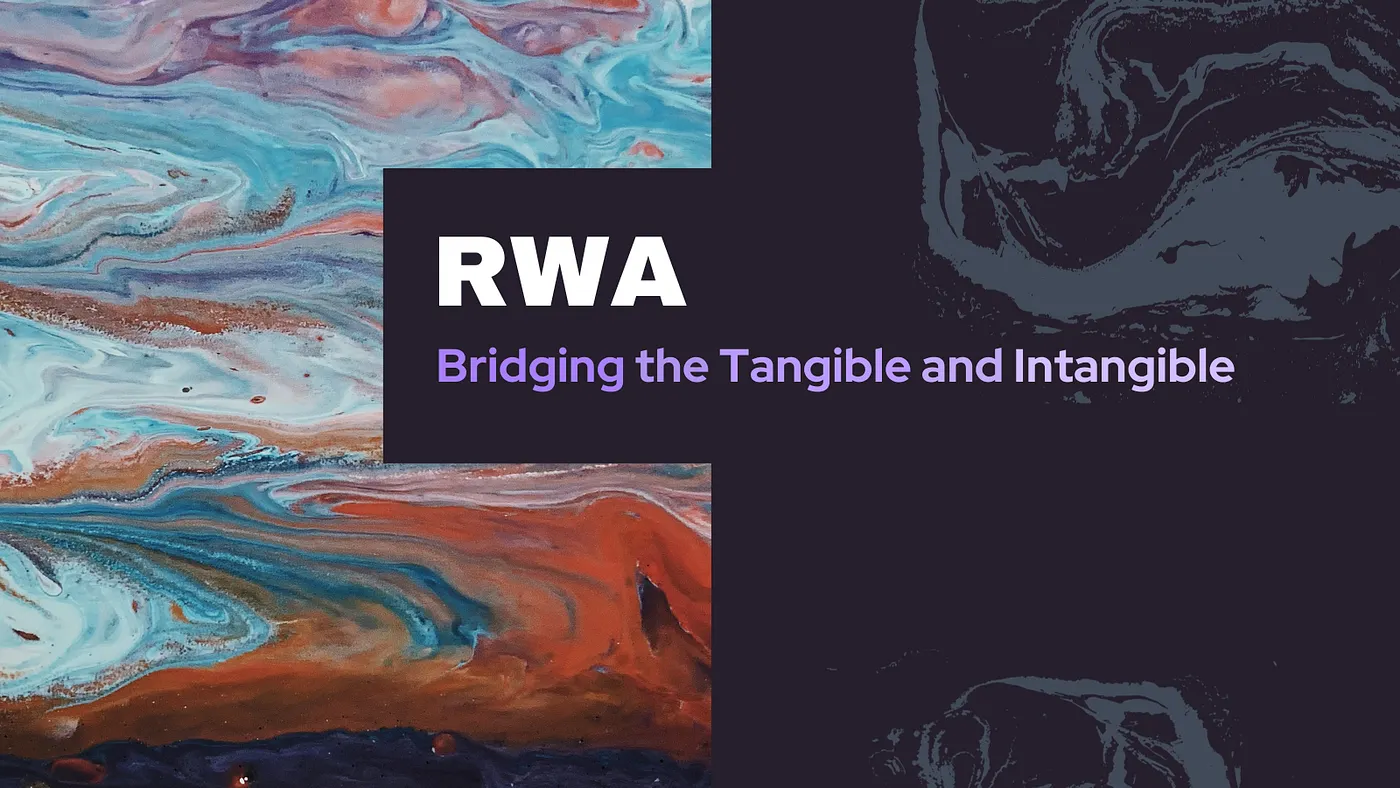
RWA | Bridging the Tangible and Intangible
In a world where value is constantly redefined, just imagine how
society might shift if every valuable asset also held a unique space
in the digital world.
Let’s rewind slightly.
Historically speaking, the significance of assets was usually
determined by their ownership history, and often recorded on paper,
stored in vaults, or entrusted to centralized authorities. But as we
dive head first into this ever-evolving digital space, a notable
paradigm shift is looming:
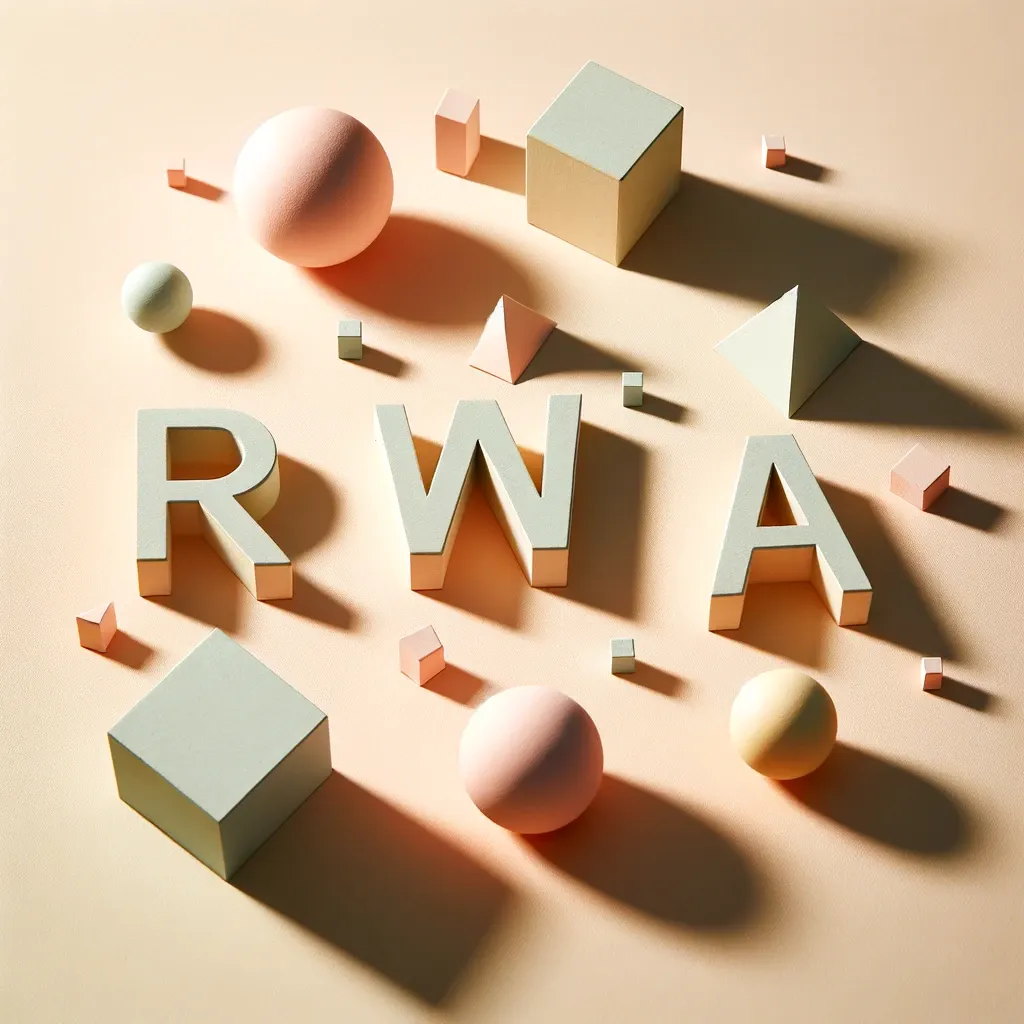
Imagine being able to connect all of your real belongings, including
the artwork hanging on your wall or even your actual home, with the
digital world.
Enter the world of RWAs.
Real-world Assets (RWAs) have a dynamic lifecycle, and after being
acquired, they go through a series of transactions, each adding layers
of provenance, and often shaping their authenticity. Whether they are
sold, recycled, discarded, or passed down via inheritance, their
journey and history can be integral to their value.

Why would you want to do this I hear you ask?
Well, it opens up new possibilities for secure ownership, enhances
traceability, and allows for new and innovative interactions between
the physical and digital world. As technology advances, and RWA NFTs
develop further, we are breaking new ground by radically redefining
ownership and value.
It’s important to recognize that NFTs are a digital mechanism for
certifying uniqueness and ownership of any asset, including RWAs,
which are both tangible and intangible assets from our physical world.
Let’s explore how this technology intersects:
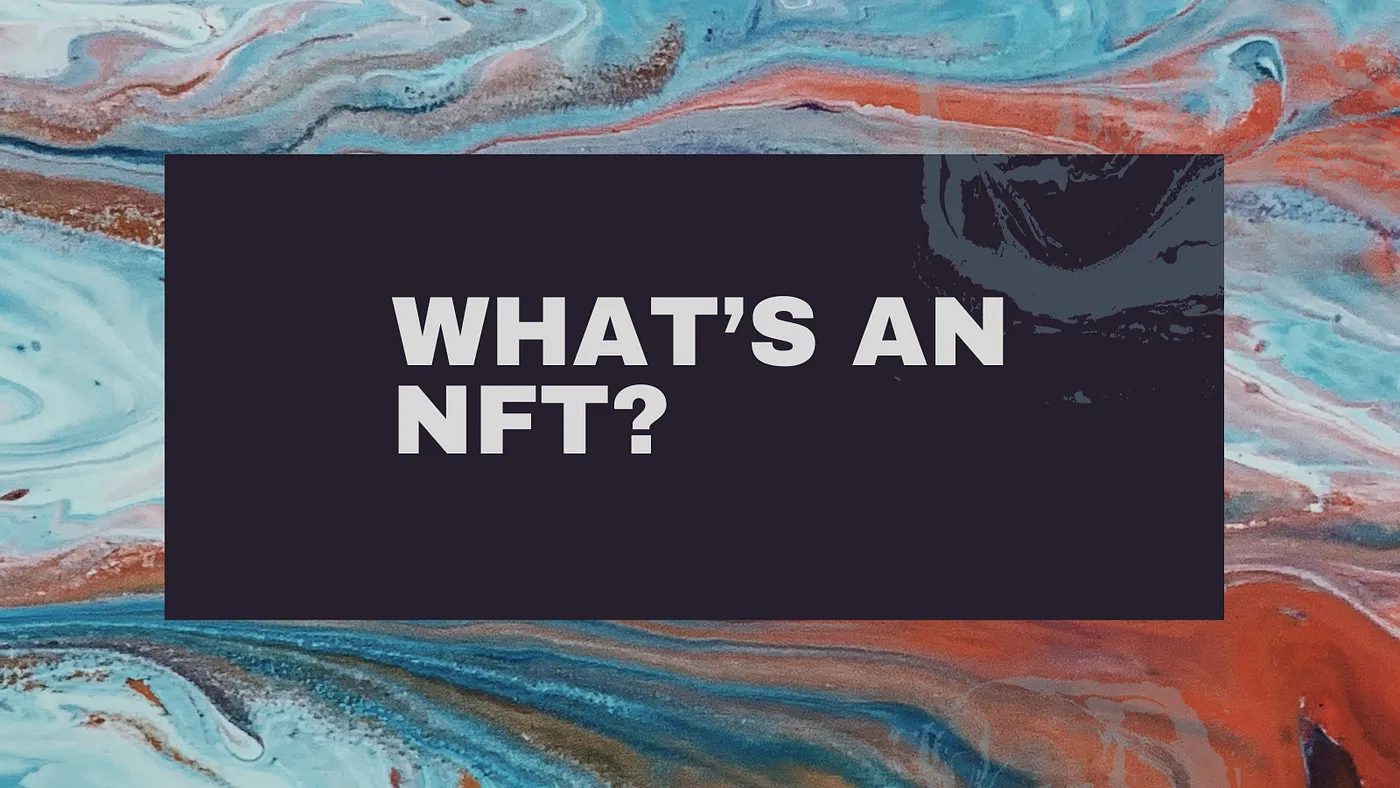
NFT stands for Non-Fungible Token
Imagine a digital collector’s item, like a rare online trading card or
a unique 1/1 piece of digital art. An NFT, is a special type of
digital certificate that proves you own that item.
Unlike Bitcoin, where every coin is the same (e.g: fungible), each NFT
is unique and cannot be replaced with something else (e.g:
non-fungible). It’s like having a signed painting — there’s only one
original. With blockchain, NFTs keep track of who owns these digital
items, making sure that the ownership is secure and cannot be copied
or faked.
In simple terms, NFTs are like collectibles for the new digital world,
proving you own a one-of-a-kind item on the internet.
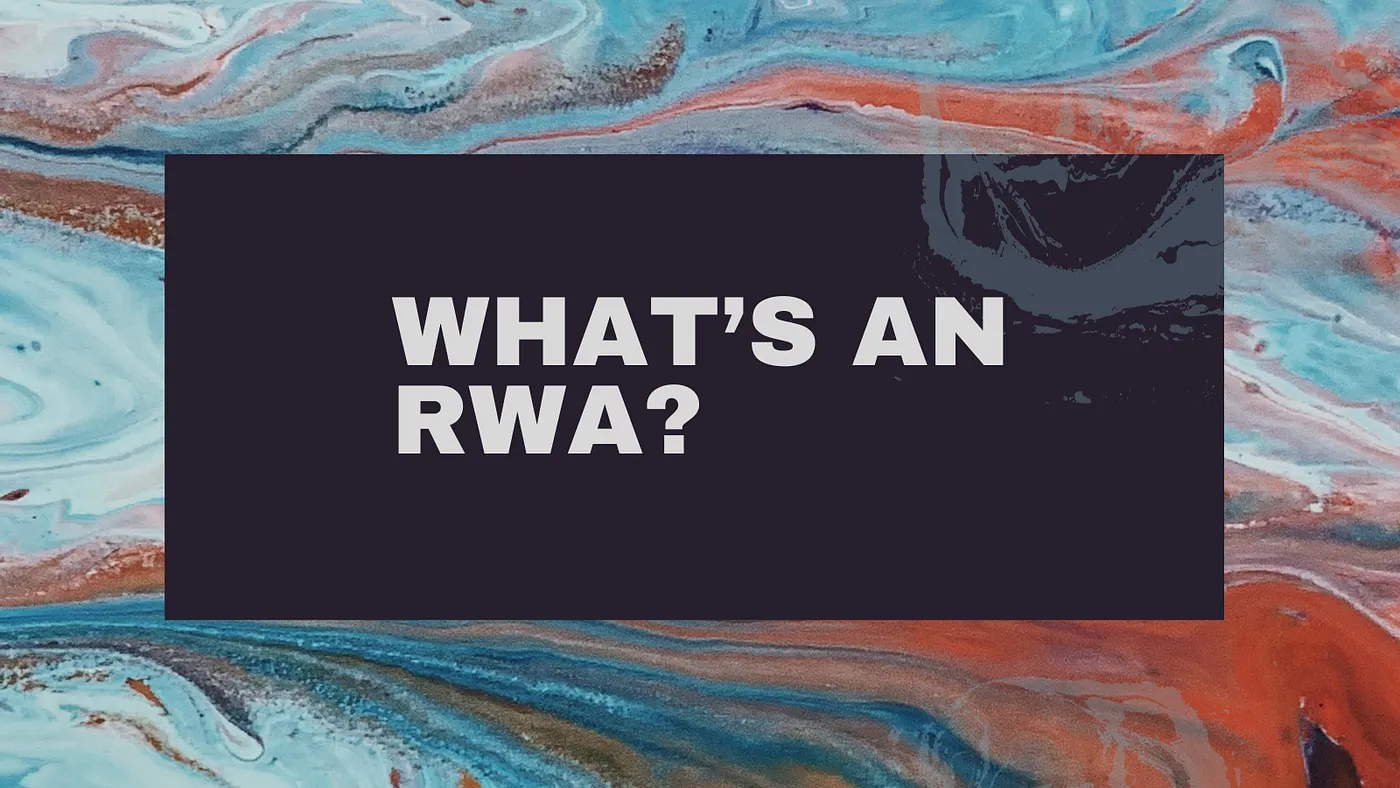
A Real-world Asset (RWA) represents value that is anchored in the
tangible or legally recognized spheres of our world. These assets can
be physical entities, such as real estate, artwork, or machinery, that
you can touch and feel, but conversely, they can also be intangible,
like intellectual property rights, copyrights, or patents, which,
while not physically touchable, are recognized and protected by legal
systems.
So, while NFTs represent value in the digital world, RWAs have
intrinsic or legally backed value in the real world. They encompass
the everyday items we utilize, the properties we invest in, and the
rights we legally hold.
Essentially, RWAs are valuables, tangible or intangible, that aren’t
purely digital creations, and unlike the digital exclusivity of NFTs,
RWAs have direct impact and presence in our physical world or in
recognized legal frameworks.
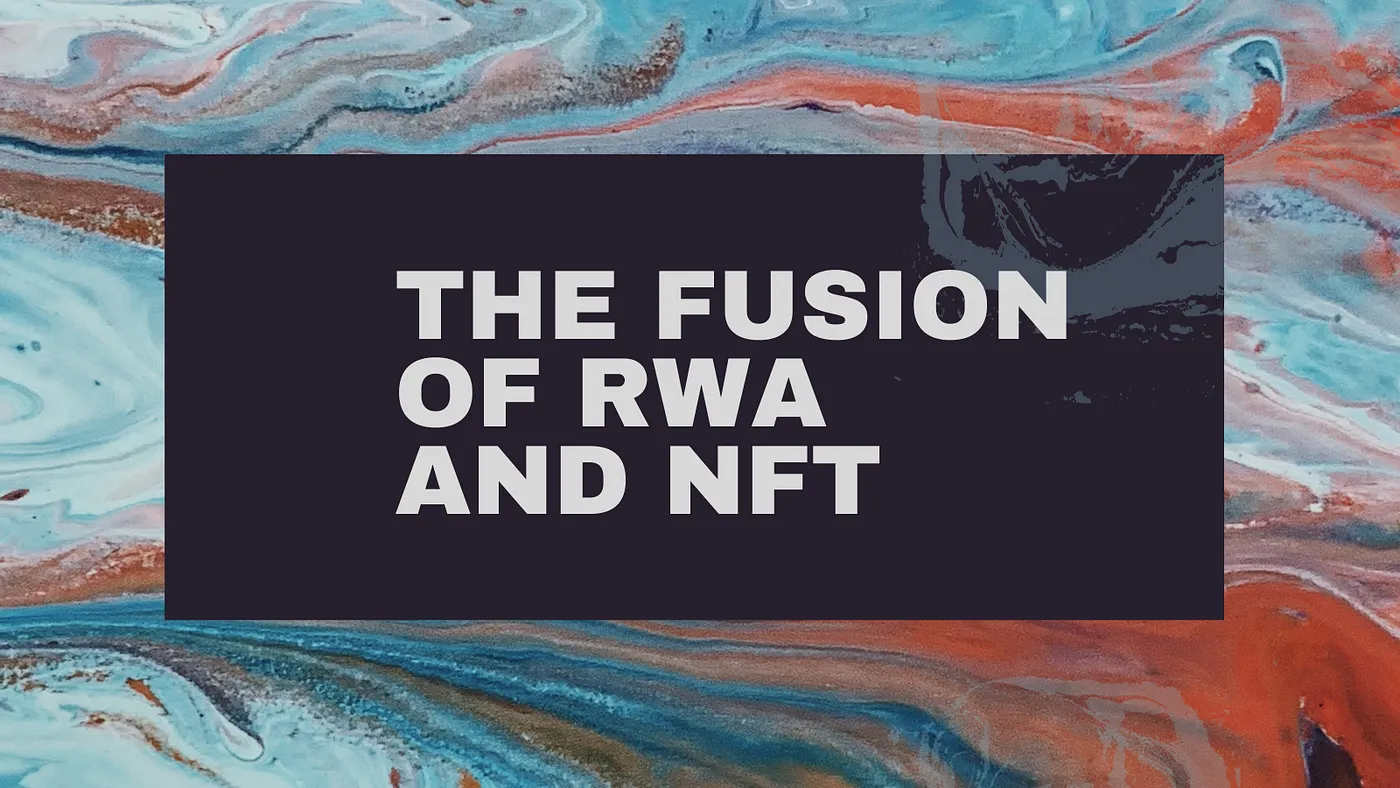
Can you imagine a world where your grandfather’s vintage watch could
coexist seamlessly alongside your favourite piece of digital art?
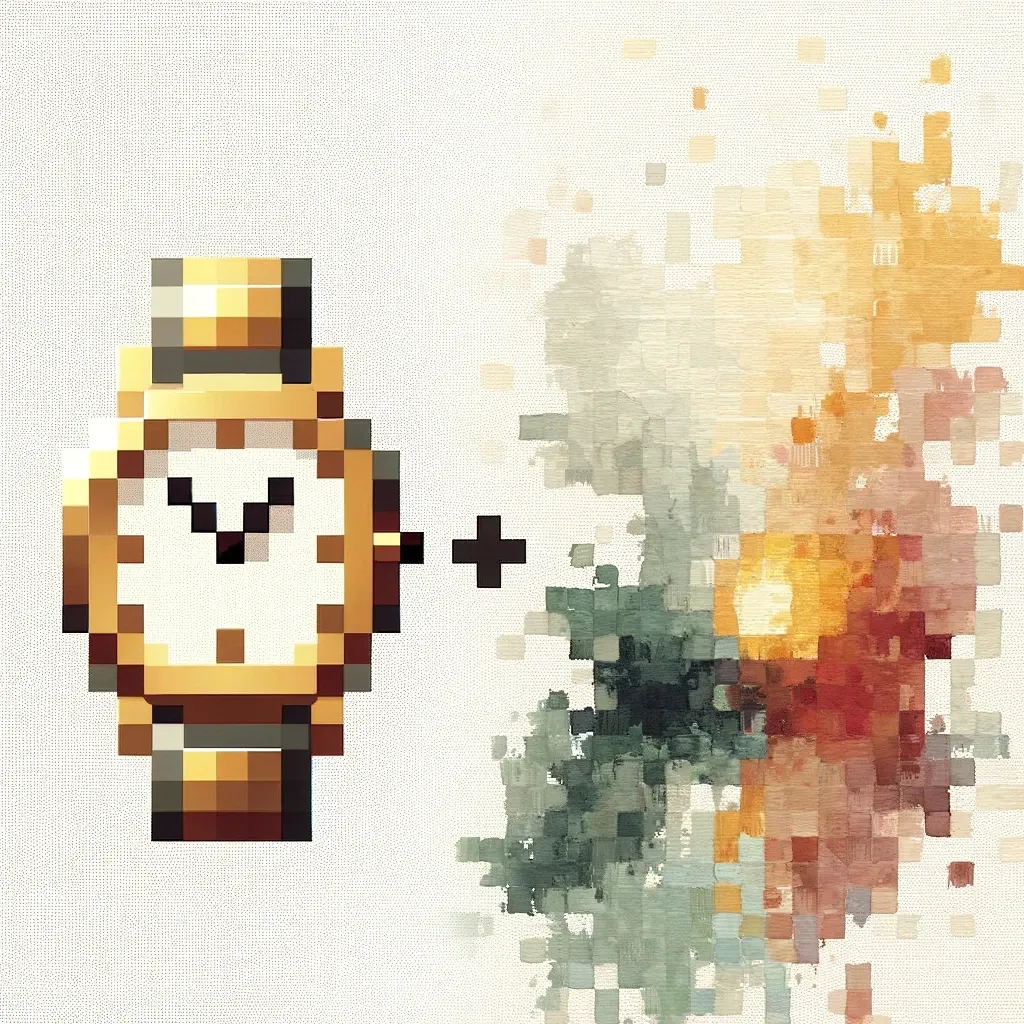
Could you also imagine a future where the deed to your home is stored
safely in the same digital wallet as your sought after virtual
landscape created by a renowned digital artist?
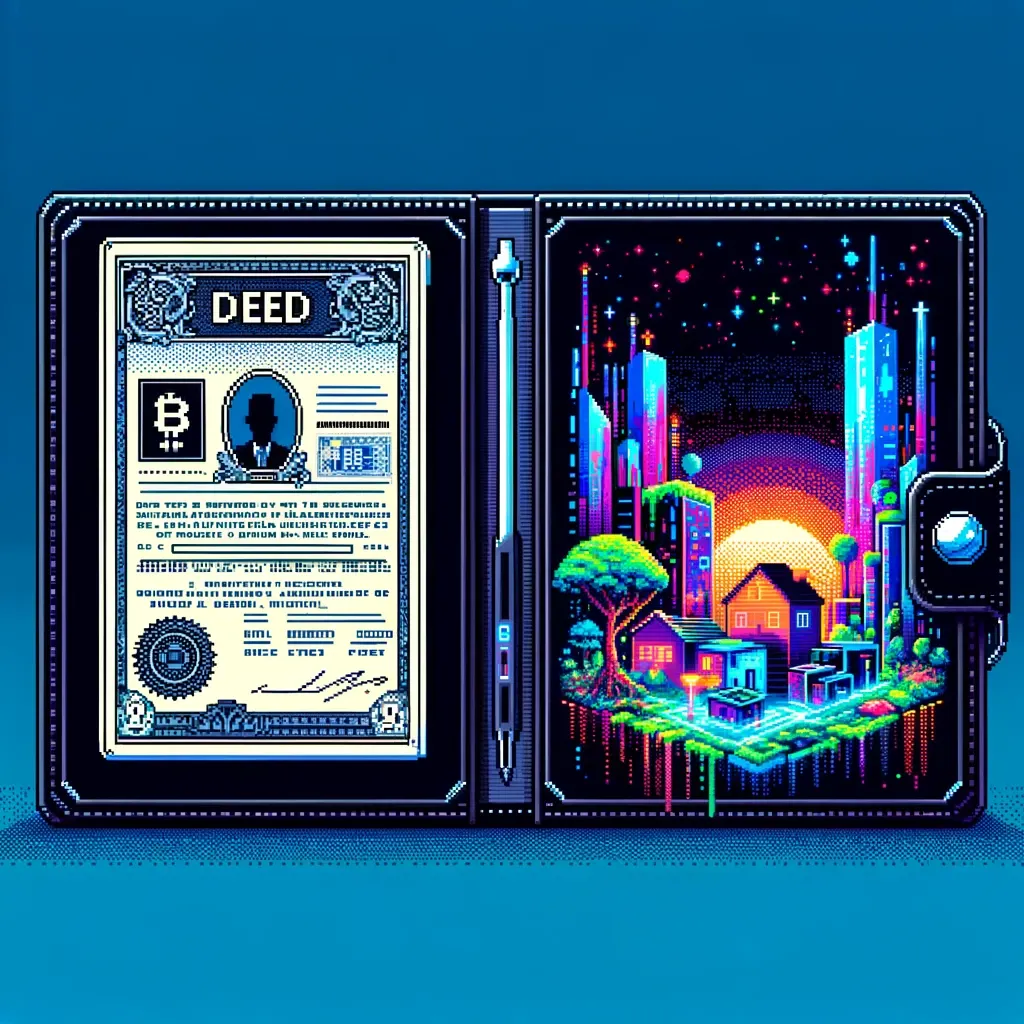
When RWAs blend creatively with NFTs, the potential for innovation is
actually pretty endless. These innovations happen via tokenization,
which transforms physical assets into digital tokens and immutably
registers them on a public ledger known as the blockchain.
Assets get a unique digital identity which is impossible to duplicate,
giving them a fresh, new existence in the digital world. This is
incredibly transformative, as objects once firmly rooted in the
physical world now gain a dynamic digital fluidity. Along with this is
the added transparency, with every transaction, every trade, and every
interaction relating to these assets being transparently recorded and
easily traceable on-chain.
Let’s dive into some real-life scenarios to better grasp the
potential:
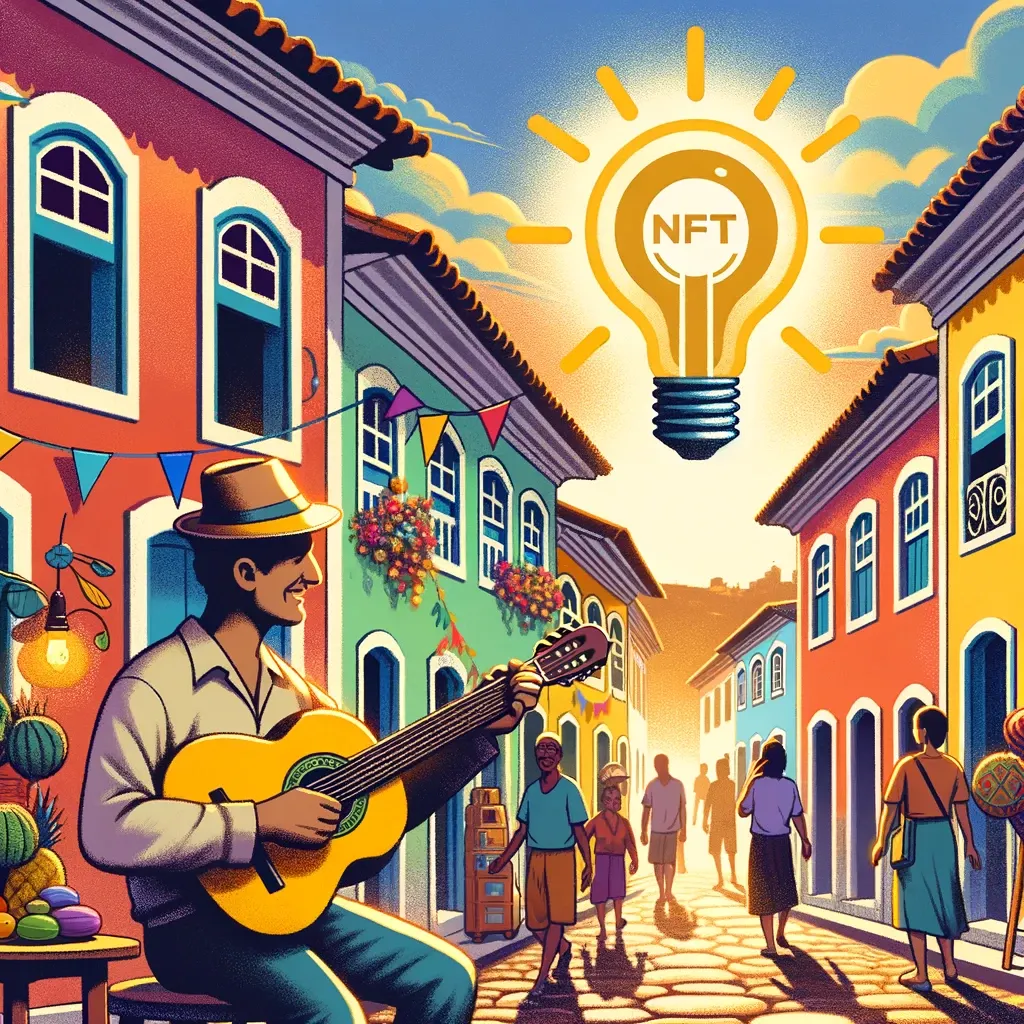
Imagine a local musician in Brazil wanting to tokenize their unique
compositions. Using Uptick in the future, they could effortlessly mint
these tracks as NFTs. Meanwhile, a music lover in New Zealand, keen on
backing new talent, has the opportunity to buy a stake in this
tokenized music, earning them a share of the royalties and directly
supporting the artist’s future potential.
The music composition, as an intellectual property, embodies both art
and potential revenue streams in the real world. By tokenizing their
music, the musician is able to plug into and engage directly with a
global audience.
This not only reshapes how we perceive value and ownership in the arts
but also builds bridges of collaboration across continents.
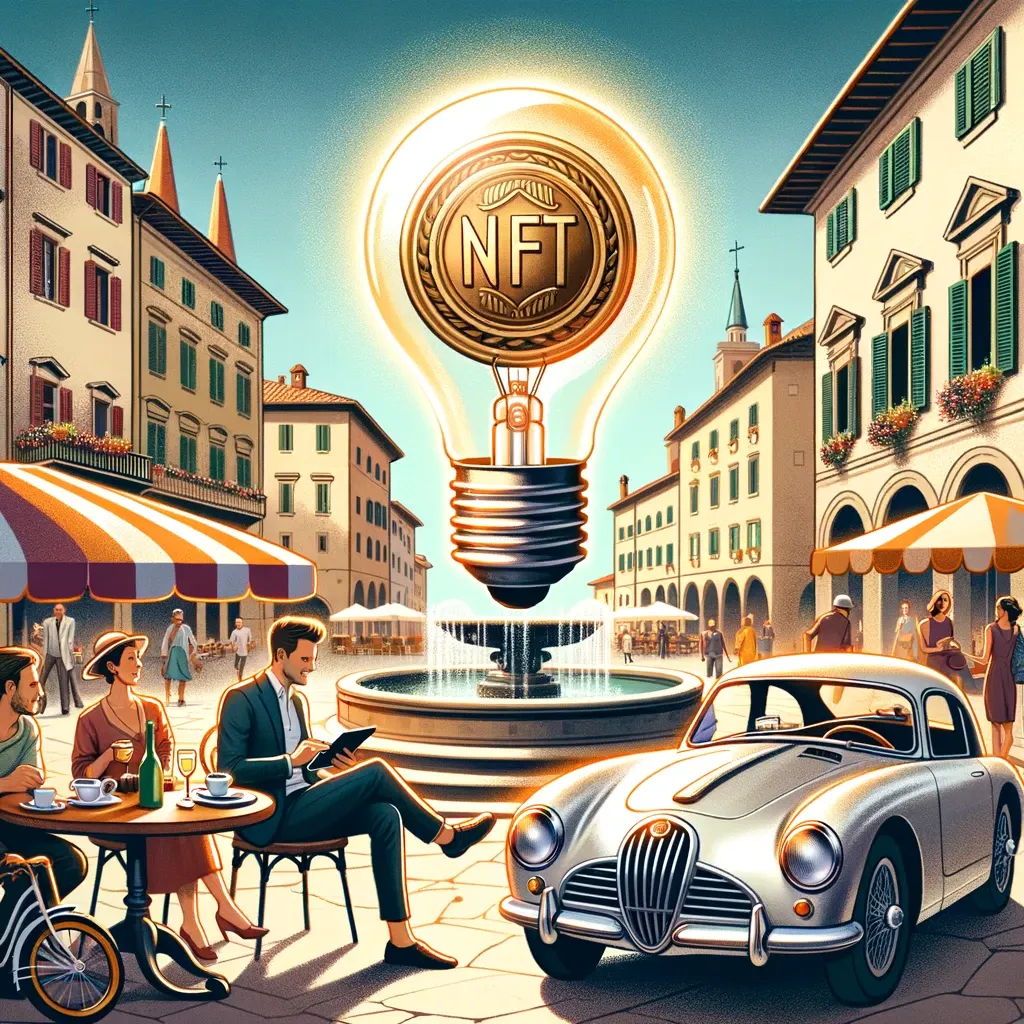
Shifting gears…
Picture a classic car aficionado who has chosen to tokenize their rare
1964 Maserati, a gem from their collection. By converting this
tangible asset into an NFT, they enable vintage car lovers worldwide
to invest in a fraction of the car’s ownership.
This removes geographical and financial barriers, and creates a much
more interconnected world for car enthusiasts and investors.
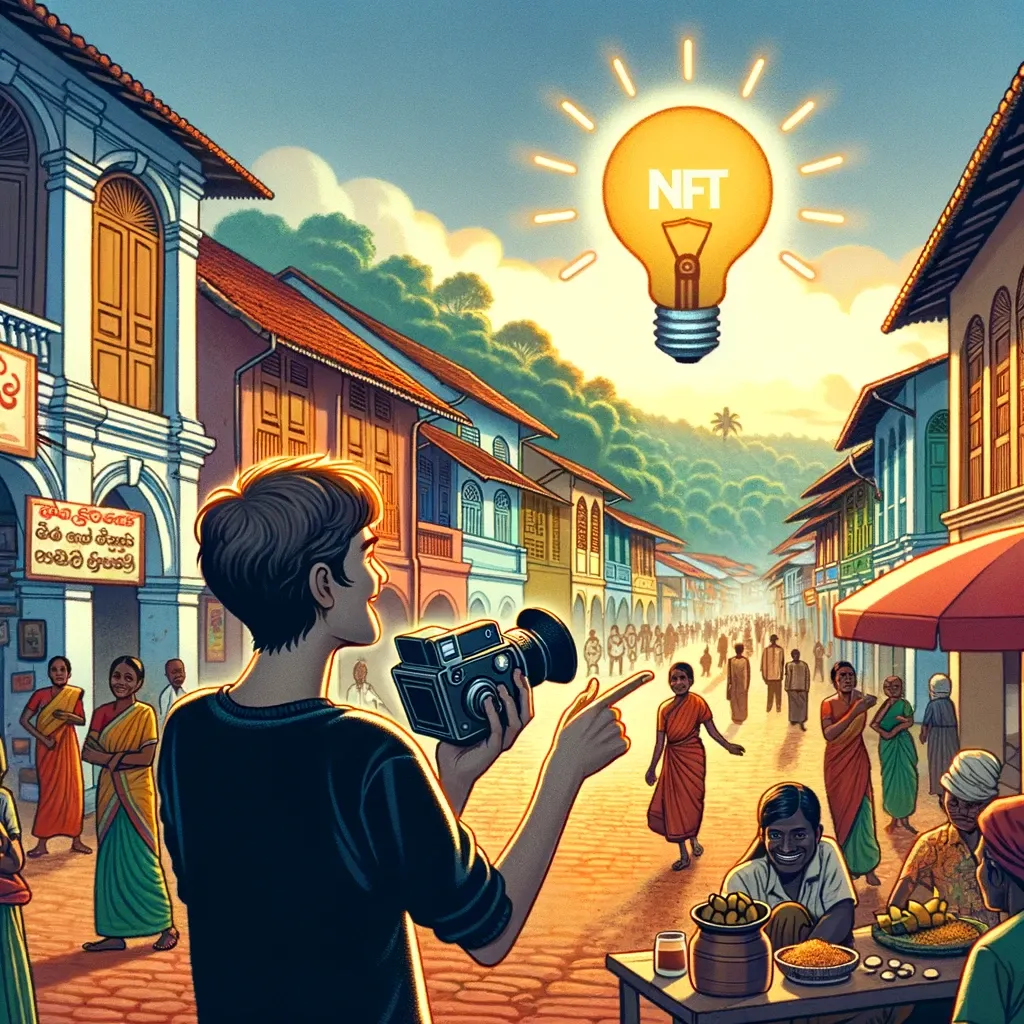
How about an up and coming filmmaker from Sri Lanka producing a unique
short film and deciding to tokenize their creation. A film enthusiast
in the UK, always eager to discover and promote fresh cinematic
voices, could then acquire a stake in this tokenized film, helping
fund future projects and connecting global audiences.
The film itself, as an intellectual property, holds intrinsic value in
the real world, and by tokenizing it, the filmmaker provides a digital
representation of this value, allowing for new forms of engagement,
investment, and distribution.
This isn’t just about buying music — it’s about owning a stake in
someone’s talent and future, and that is the beauty of RWA NFTs.
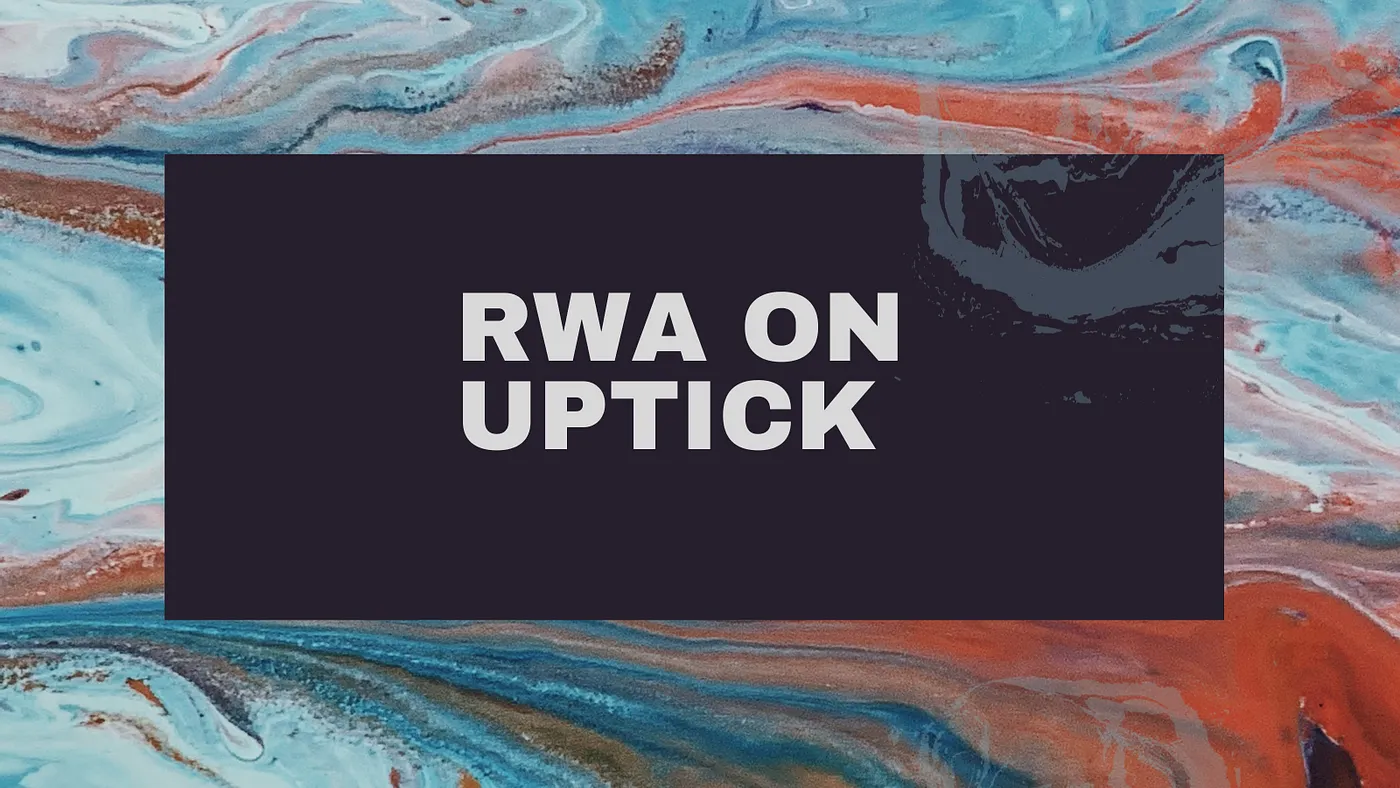
At Uptick, we see the vast potential of RWAs, and naturally our
infrastructure supports the underlying logic of this emerging asset
class. Over the coming months, our aim is to deeply enhance and
advance the business logic and application support that we believe is
necessary for RWAs, with an aim to build a solid foundation for lots
of exciting new use-cases. Our plan is to then aggressively advance
commercial RWA adoption as we move towards 2024.
Uptick Network is developing infrastructure across numerous domains,
with one of those being RWAs. However, in order to effectively support
this domain, comprehensive lifecycle management is essential.
Uptick is building several key features that are advantageous for
those exploring the RWA landscape, so let’s dive into some of the
technical functionalities on offer to support the ever-evolving world
of RWAs:
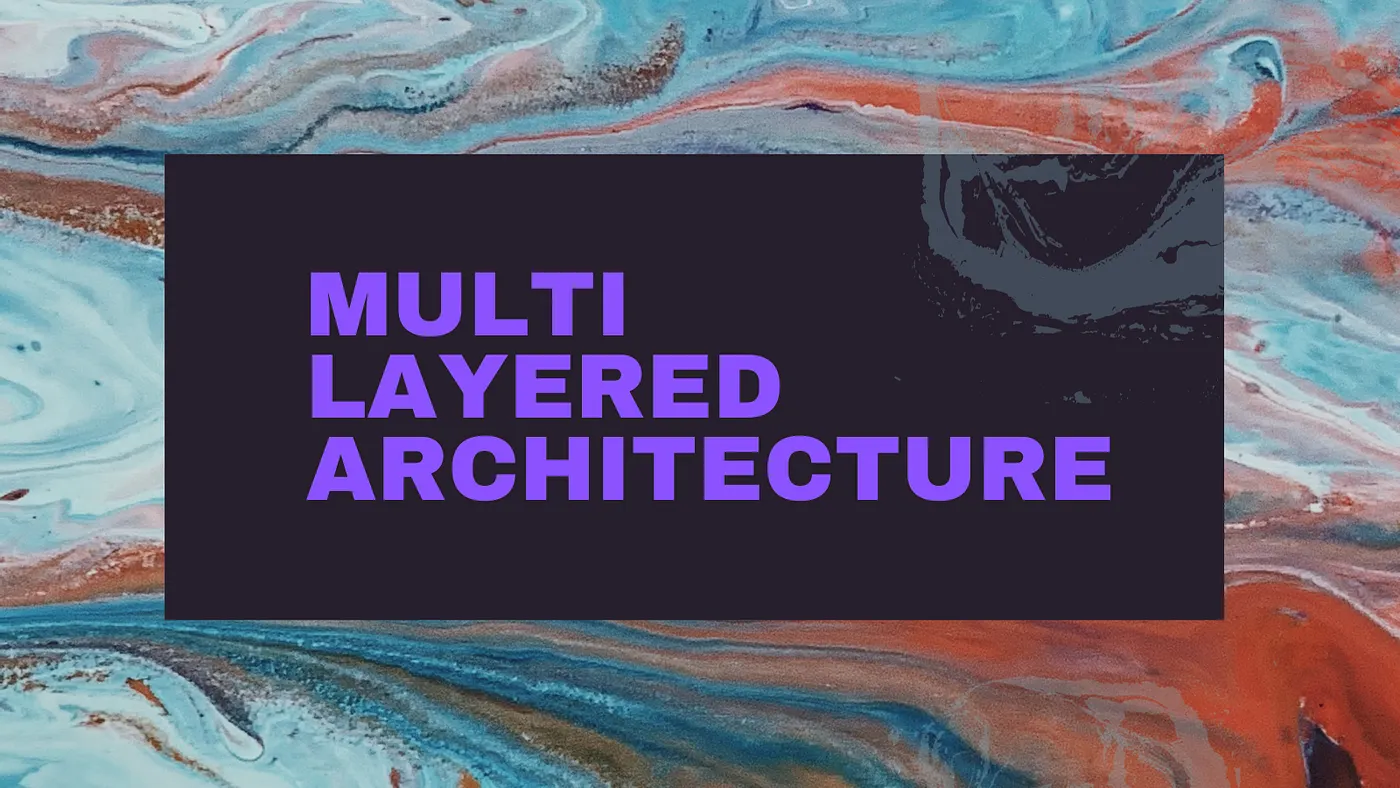
Uptick Network is a multi-layered architecture that can provide
flexible support for real-world NFT assets across various layers:
Base, Protocol, and Application.
Each of these layers are both modular and extensible, allowing for
tailor-made encapsulation and processing of different types of RWA NFT
assets.
This modularity is particularly significant at the protocol layer,
where unique business logics and management models of specific RWA
assets can be catered for.
This can range from everything from music, intellectual property, and
real estate, with each category requiring specific types of modular
support to address their distinct characteristics and requirements.
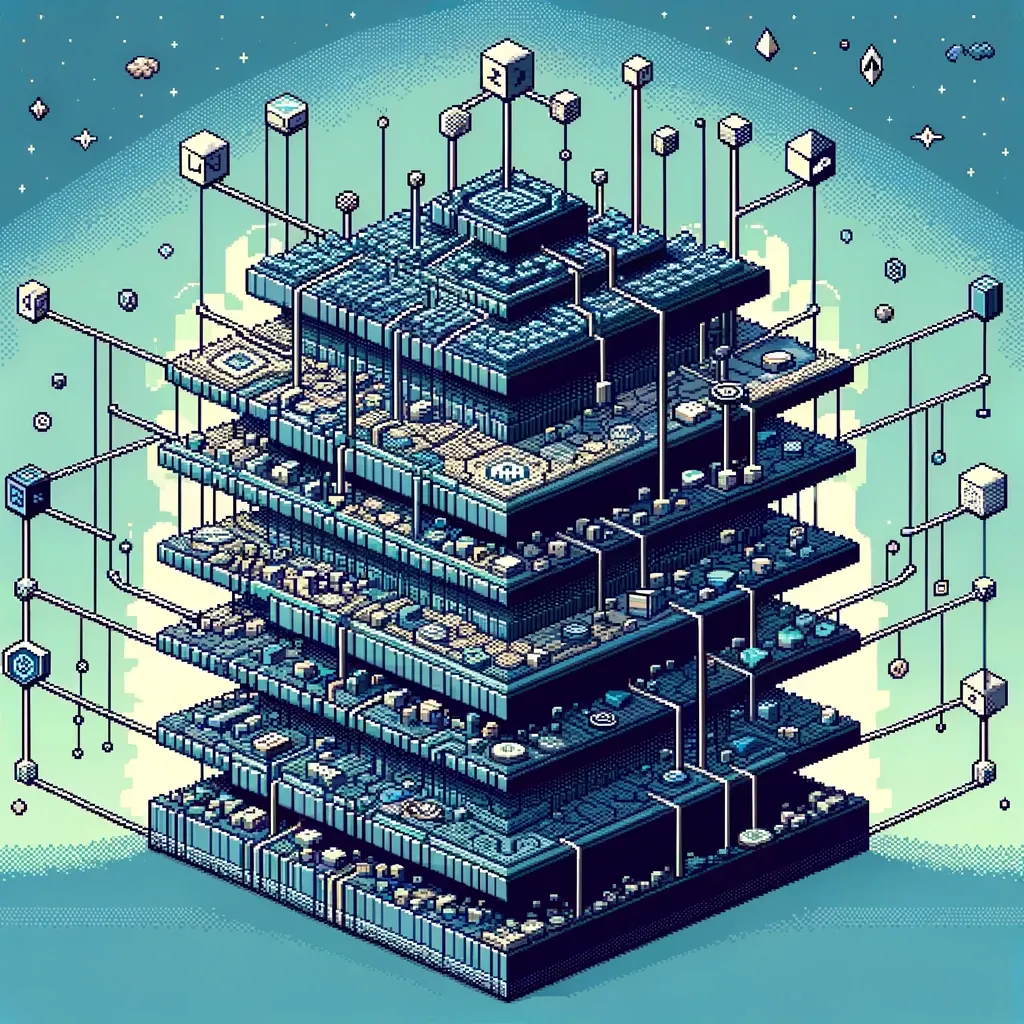
Uptick’s architecture aims to provide dedicated resources for every
stage of the RWA NFT lifecycle, from creation, to trade, to
management. When a new asset is tokenized, this process can be handled
in isolation from other stages, which ensures that the computational
power and storage required to create the token does not affect other
ongoing processes.
For instance, tokenizing an artwork wouldn’t clash with trading
another asset. This approach guarantees a more streamlined management
process, especially as more and more assets are tokenized.
With each layer focusing on a specific function, it enhances
reliability and reduces the risk of error, and for users, this means
quicker transactions and a much better experience, even in peak times.
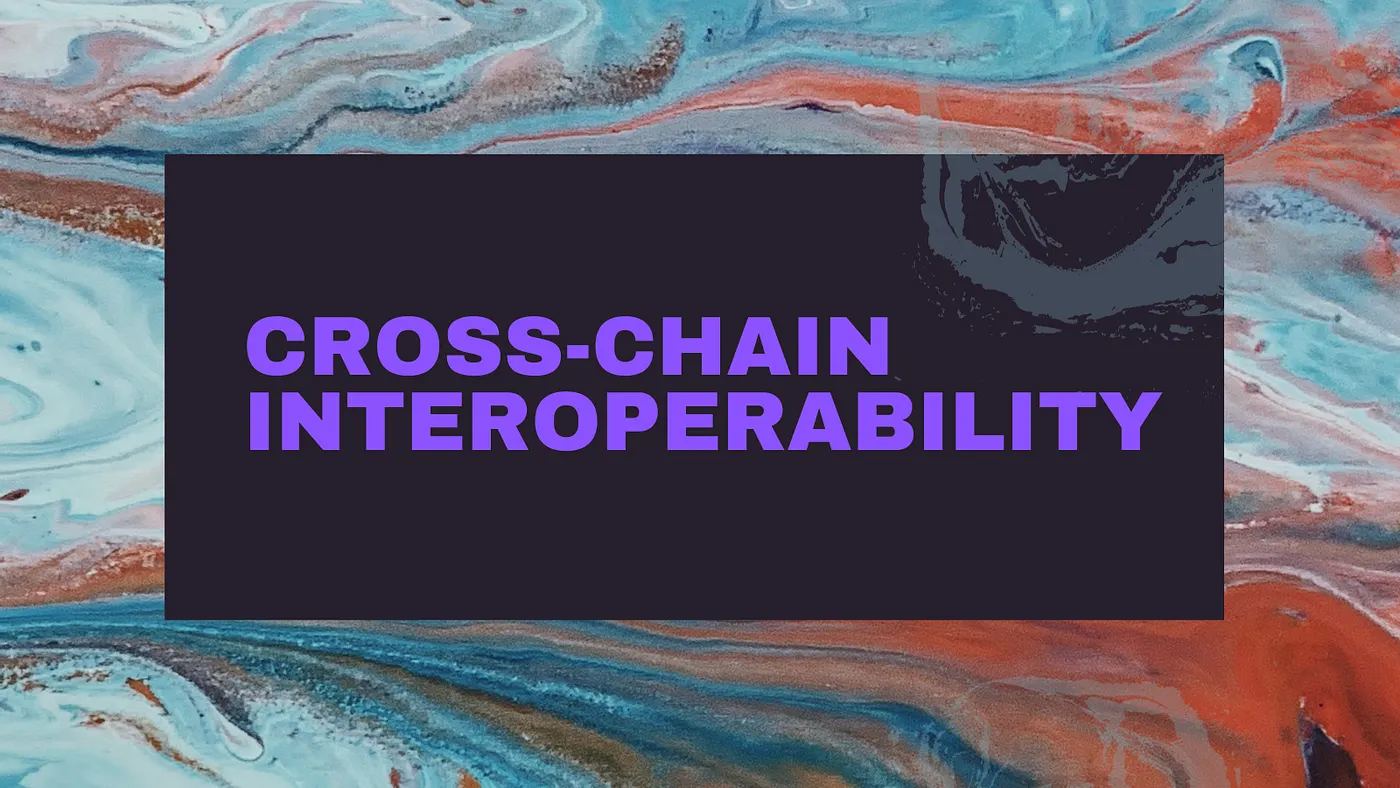
Uptick supports communication across an array of different
blockchains. By utilizing bridges and relayers, it ensures that
information flows seamlessly, promoting interoperability. When an RWA
NFT is required on another chain, Uptick aims to facilitate its
migration while ensuring its integrity and ownership details remain
intact.
As the RWA NFT moves through its lifecycle, there might be instances
where it needs to be traded or accessed on different blockchains. This
level of interoperability ensures that the NFT isn’t confined to the
Uptick Network but can explore and utilize opportunities across the
vast blockchain ecosystem without compromising its history or value.
With technology such as UCB (Uptick Cross-chain Bridge) and IBC
(Inter-Blockchain-Communication), we are able to give the asset
extensive adaptability and versatility across an expansive multi-chain
ecosystem.
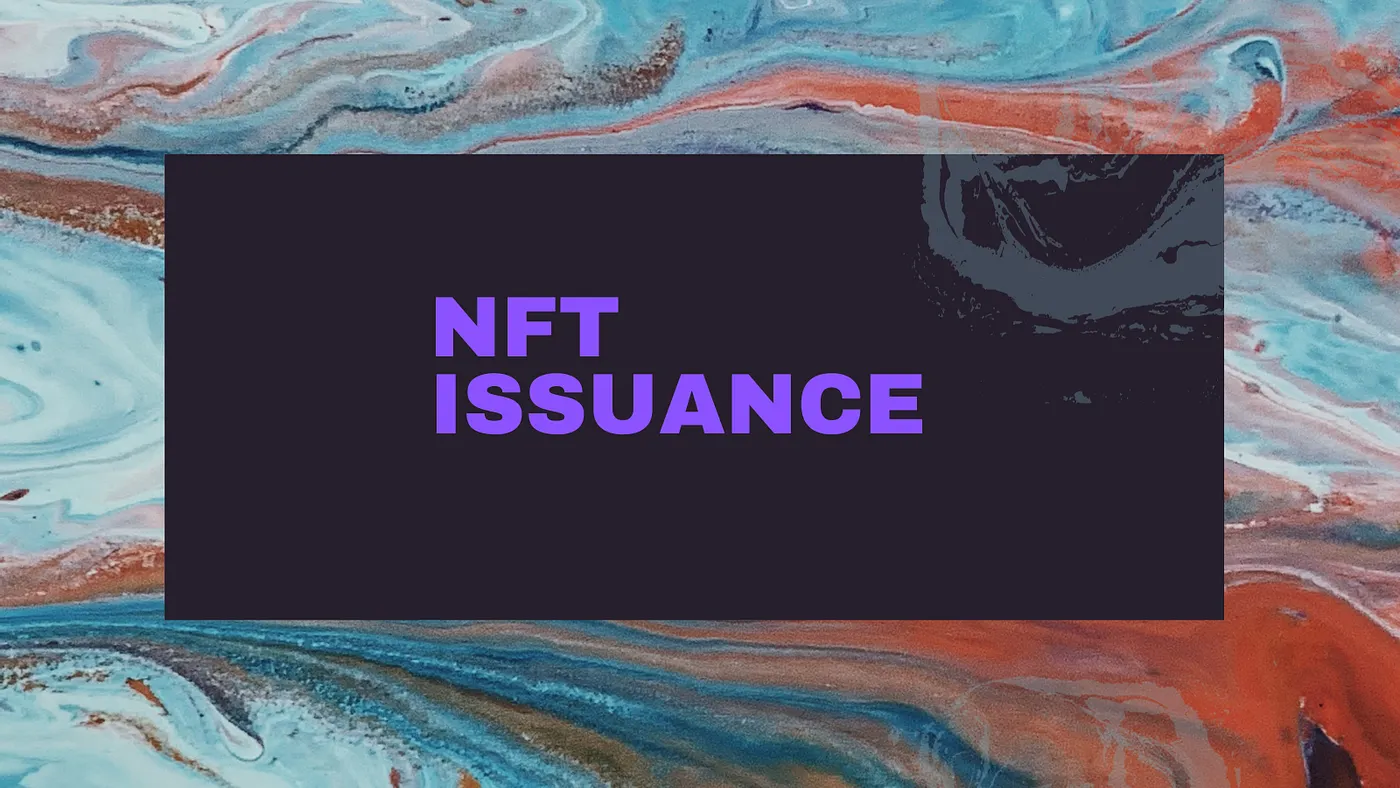
Uptick uses advanced cryptography to tokenize assets, transforming
them into unique one-of-a-kind NFTs. In the case of RWAs, this process
can ensure each asset is genuine and distinct.
In the lifecycle of an RWA NFT, we consider the issuance as the birth
moment, and we want the tokenized asset to retain all its unique
characteristics from the real world, making sure it’s an accurate
representation.
For this reason, digital twinning is vital for maintaining the asset’s
value and uniqueness throughout its lifecycle, and retaining an
asset’s value digitally ensures a deeper level of trust and maintains
the asset’s investment potential, allowing for transparent and
verifiable transactions in the marketplace.
Essentially, this is important because it preserves the integrity and
value of the assets as they transition between the physical and
digital world.
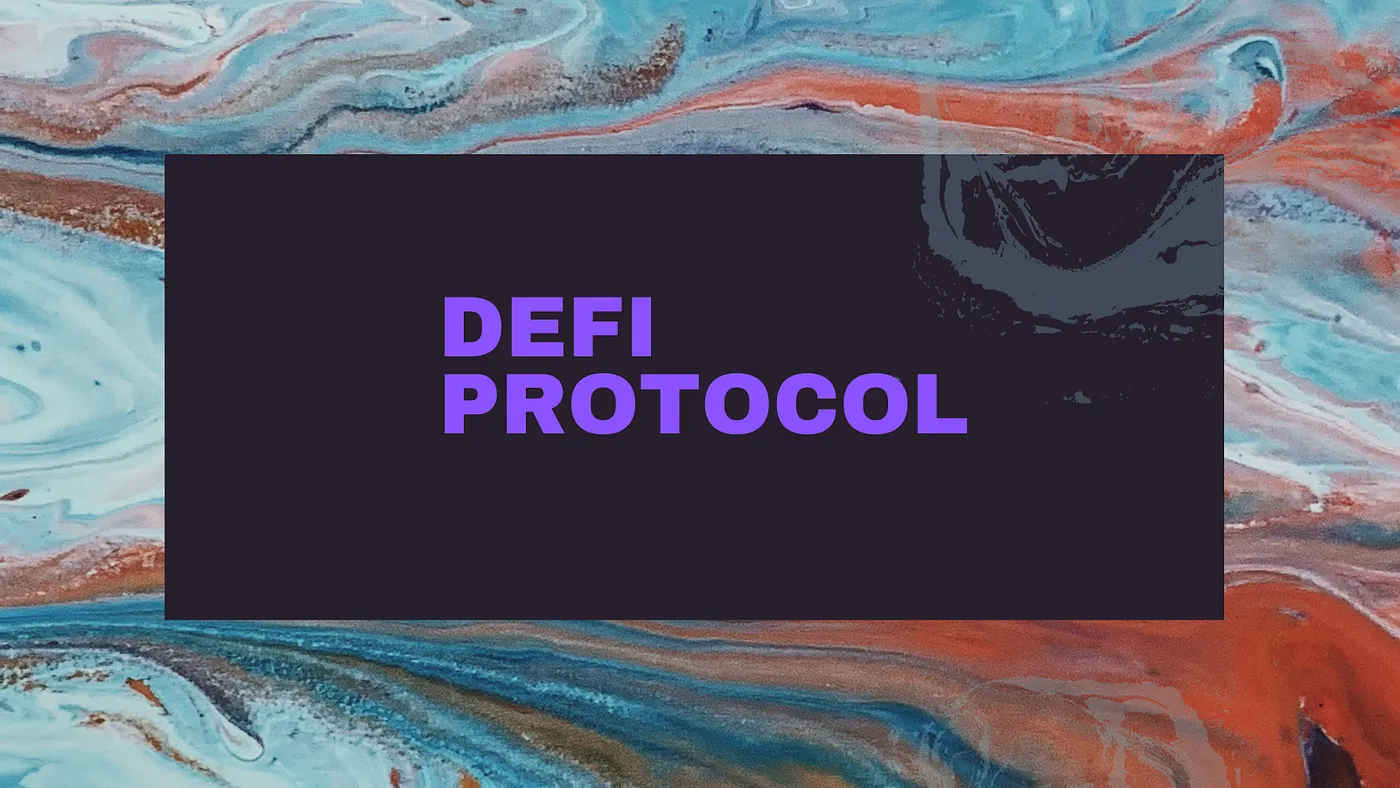
Finance revolves around various strategies for obtaining immediate
cash flow, securing future gains, or more effectively realizing
present value, and Uptick’s interface capabilities aims to allow
tokenized RWAs to be integrated with a number of various DeFi
platforms, such as DEX’s, lending protocols, and NFT marketplaces.
This will enhance their usability, and once an RWA is tokenized and
enters the digital world, its utility can expand. This ensures the RWA
NFT can transition from being just a digital representation to an
active financial instrument in the DeFi space, therefore amplifying
its utility.
This feature levels the financial playing field by allowing broader
access, and now even those who can’t afford entire assets like artwork
or property can invest in and benefit from a fraction of its value.
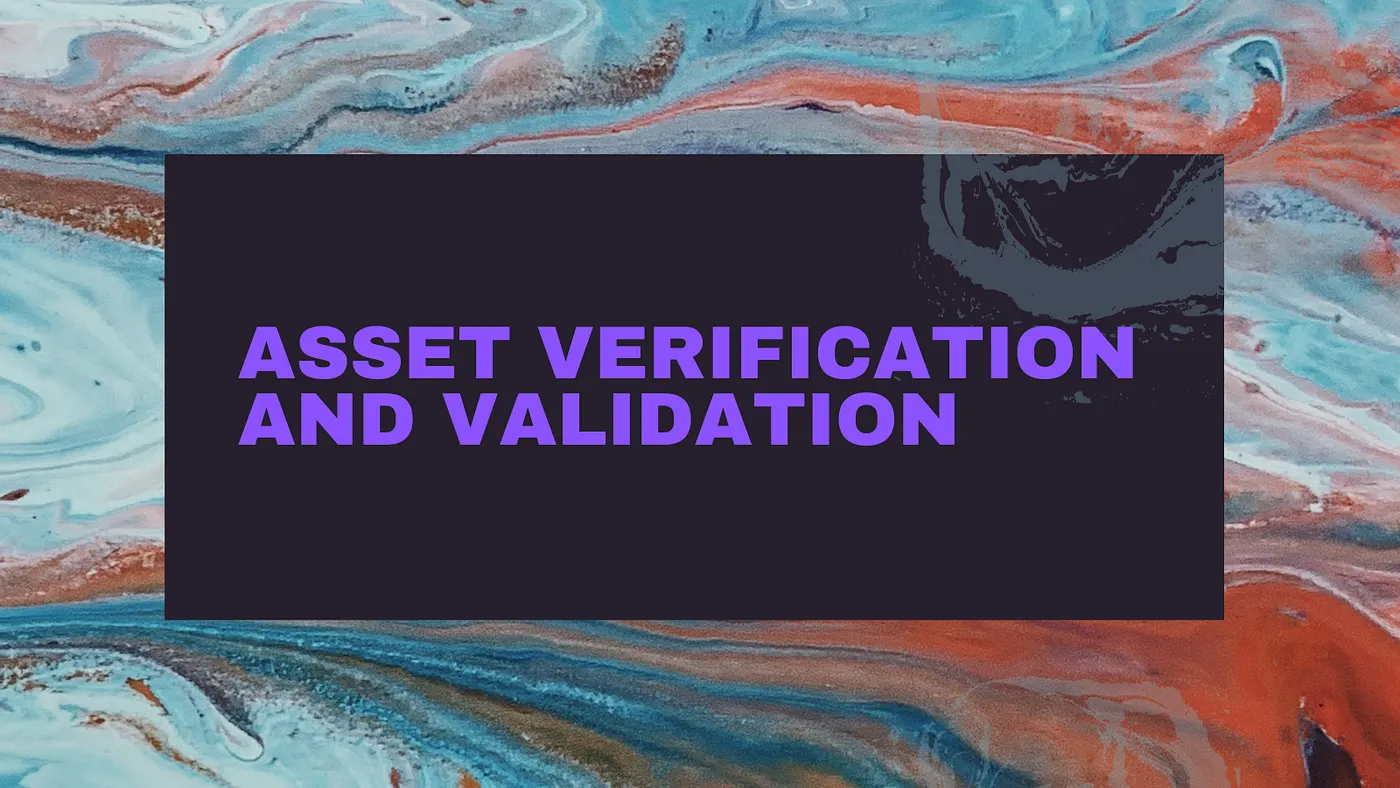
Looking forward, before an RWA might be tokenized within the Uptick
Ecosystem, we would ensure it would be subjected to a rigorous
validation process. This would typically involve third-party
validators or oracles, which are trusted entities or automated
verification systems designed to confirm the real-world attributes and
ownership of the asset.
This initial step is crucial.
Why, I hear you ask?
Because it ensures that only genuine and verified RWAs enter the
Uptick Ecosystem, which maintains the integrity of the platform and
enables trust among participants.
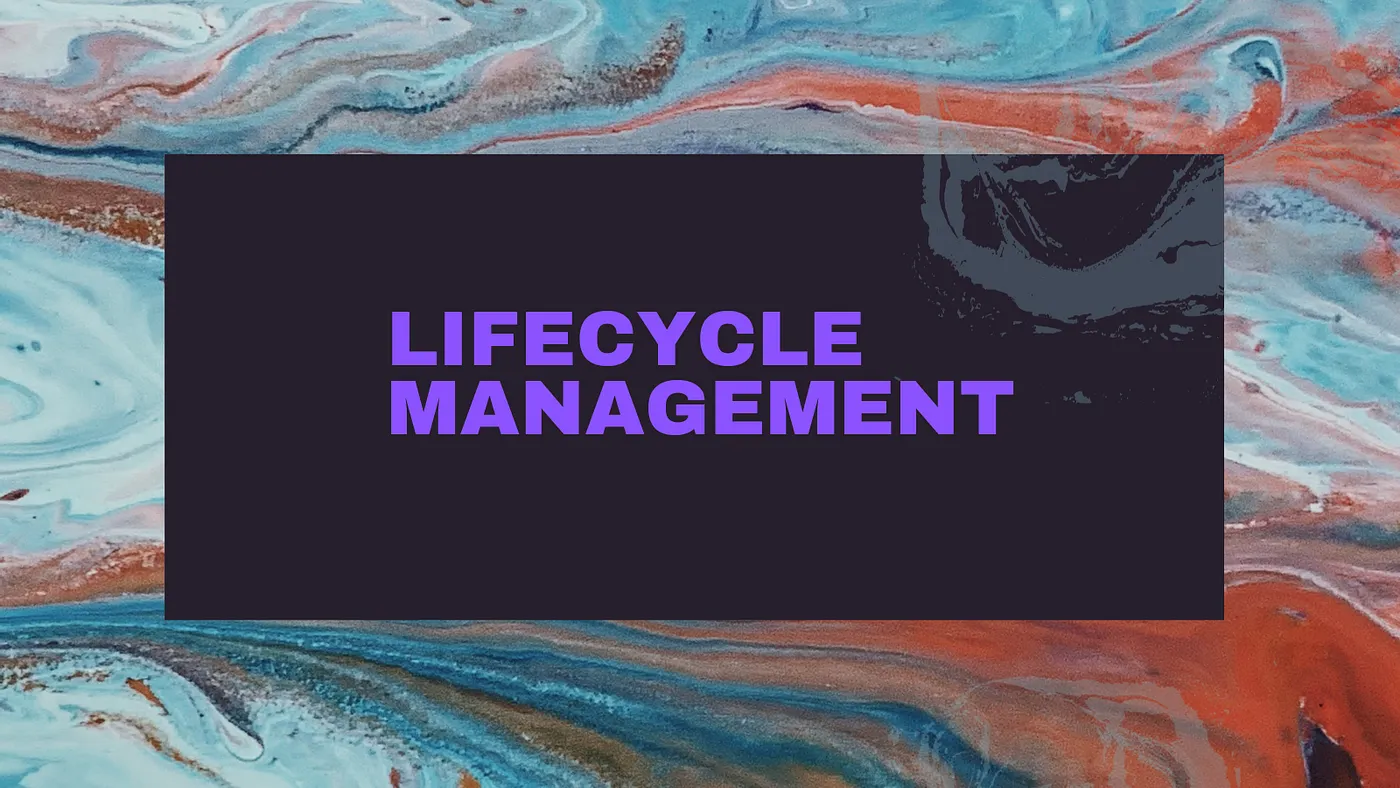
After tokenization, an RWA NFT isn’t static. It may undergo various
changes or transactions, and we want to ensure that every stage of the
asset’s life cycle, from issuance to potential redemption, is
manageable in an intuitive and secure way. This offers asset owners a
streamlined, all-in-one solution, and simplifies their management
process.
Post-tokenization, Uptick’s plan is to offer asset owners a wide array
of tools and interfaces, some of which include data insight, asset
tracking, and portfolio management. In the near-future, areas such as
liquidity provision and collateral management will be integrated,
providing optimized and effective asset management tools.
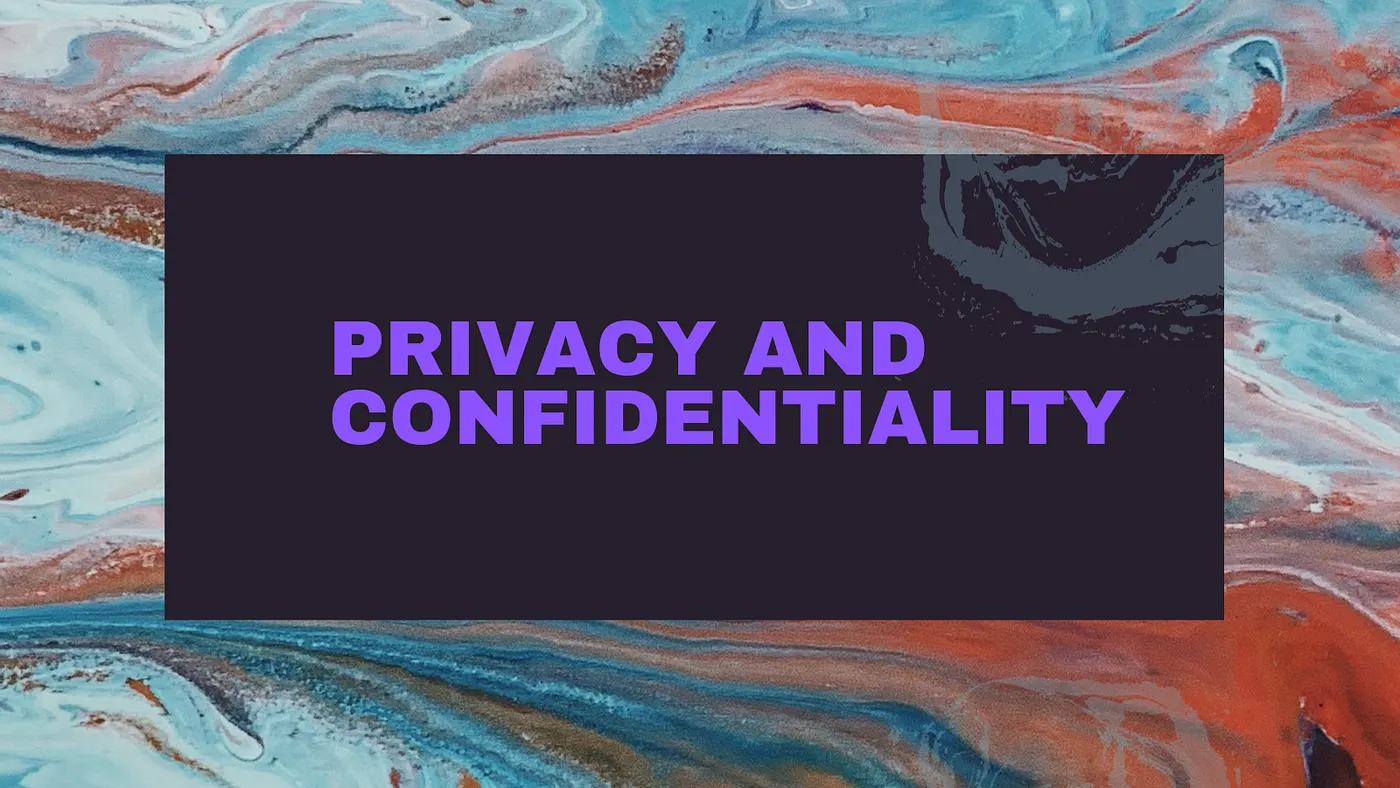
Given the sensitive nature of some RWAs, Uptick will incorporate
techniques such as zero-knowledge proofs, allowing for data
verification without complete exposure, and ensuring transactional
privacy, while maintaining the immutability and transparency of the
blockchain.
Our protocols will ensure that while the asset enjoys the benefits of
tokenization, sensitive details remain confidential, through its
active life in the digital world, until its possible redemption or
termination, and Uptick Network aims to ensure each phase is handled
with extreme care.
We believe this is incredibly important because privacy can
significantly boost the value of sensitive assets, for example in the
case of a confidential patent, or a proprietary trading algorithm,
etc.
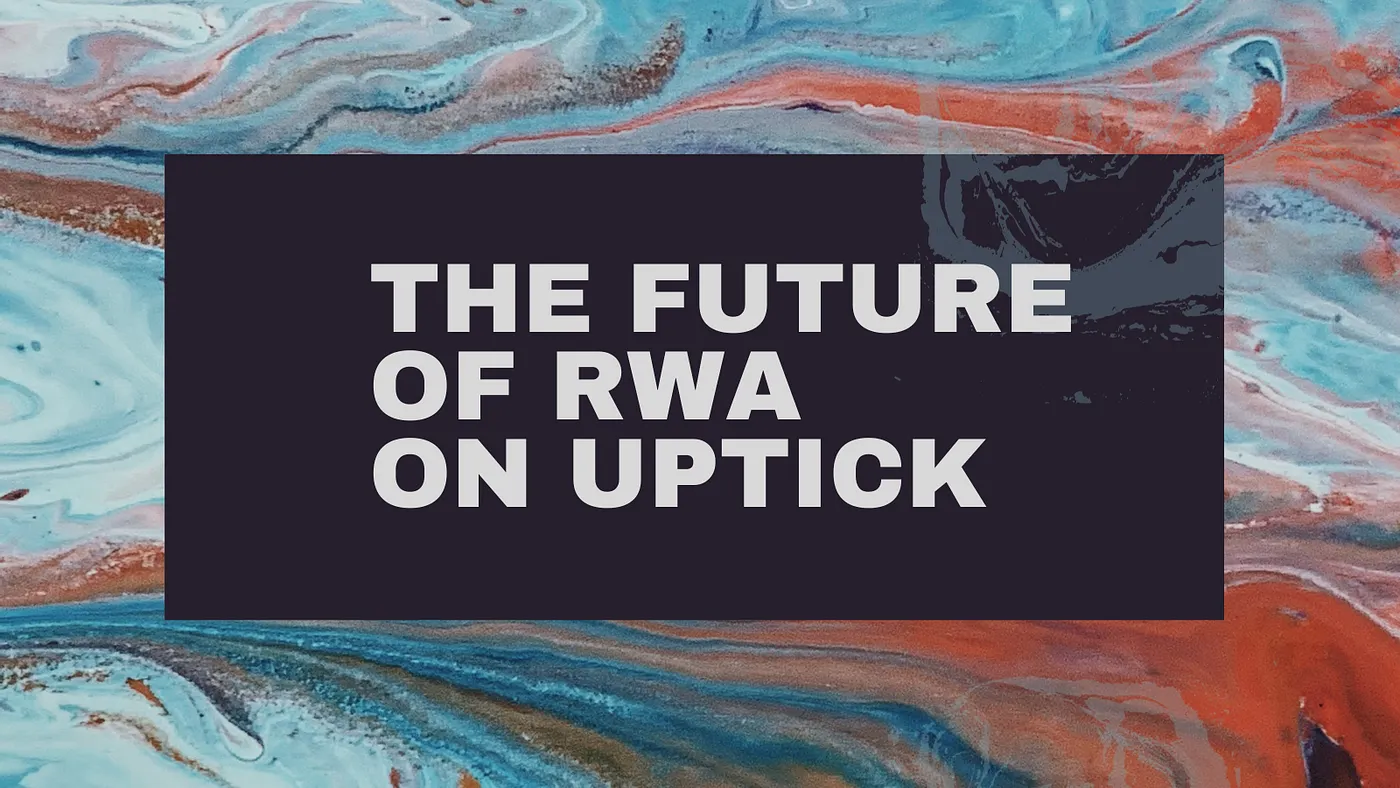
With a multi-layered architecture, and specialized modules for a host
of different functionalities, Uptick provides an open infrastructure
that can support a variety of RWA types and their unique requirements.
Uptick is building detailed mechanisms to handle every phase of an
RWAs life cycle, from verification and validation before tokenization,
through management and trading, to potential redemption or
decommissioning. This comprehensive approach is essential for projects
dealing with RWAs, given the complexities associated with these
assets.
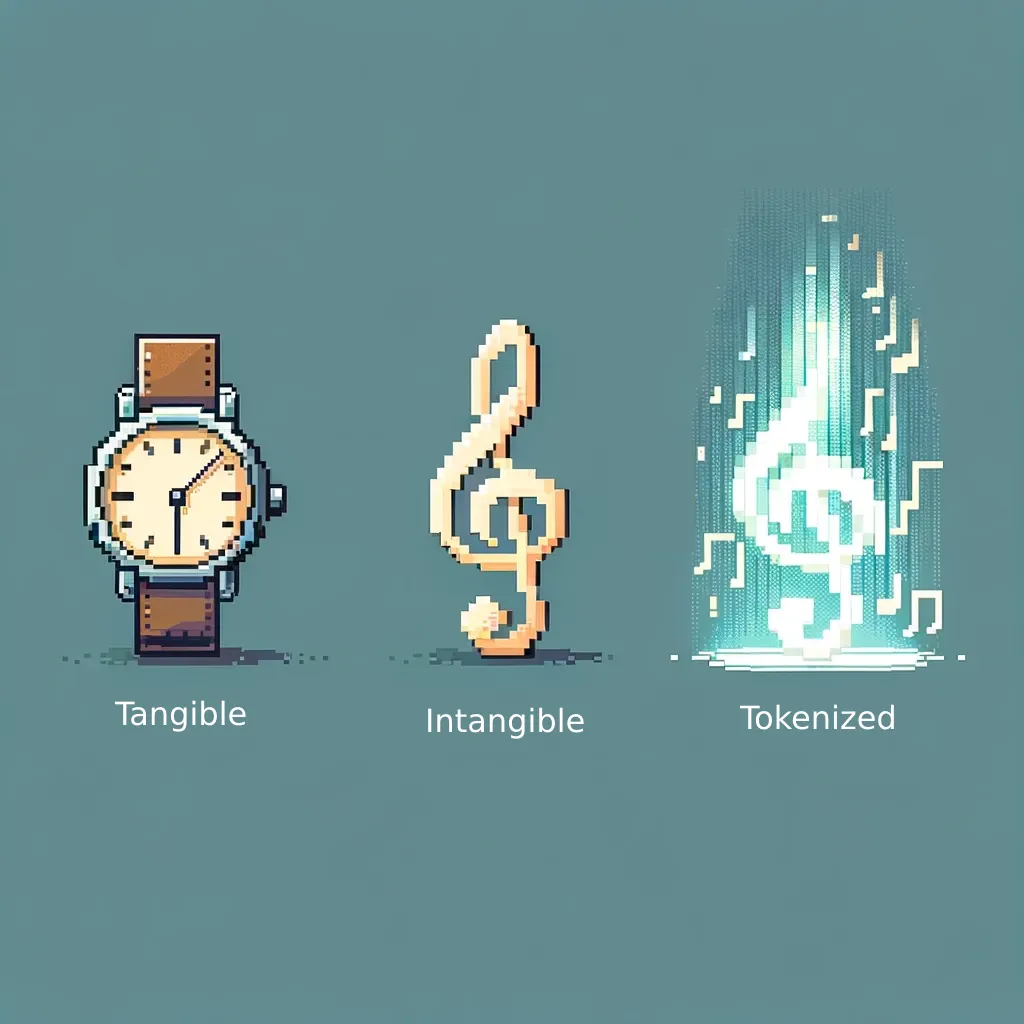
So, as we navigate toward a future where the line between the physical
and digital world becomes increasingly blurry, Uptick stands to be a
transitional bridge to a more interconnected Web3 landscape.
Why not join us for the ride?























